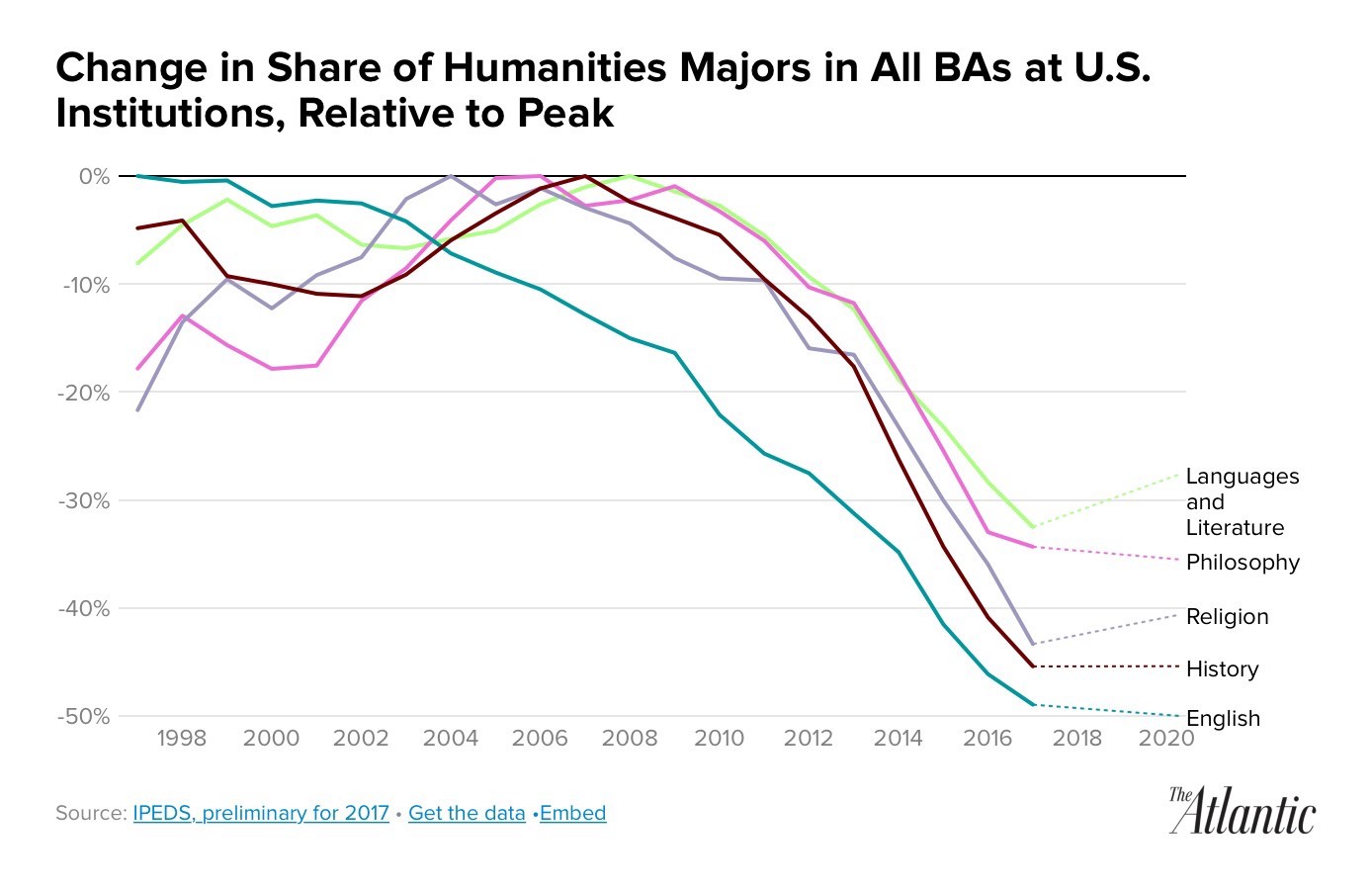I don’t consider this hyperbole:
Ontario's top doctor says people who test positive for COVID-19 no longer have to isolate for five days but should stay home until their fever clears and their symptoms have improved for at least 24 hours. https://t.co/QntmqPjHcb
— Toronto Star (@TorontoStar) August 31, 2022
Remember that ever since school openings, school infection rates have spiked before general community rates. Schools, as anyone who is a parent or was a child should know, are cesspools of infection even in good times. Kids get sick, pass it along, their families then get sick and in turn pass it along to co-workers and so on.
And letting people who are still infectious go to work is obviously insane. Note that 10 days was the original guideline, then it was dropped to 5, which was absolutely not enough. As for masks, they only partially protect other people, unless you have a respirator or properly fitted n95 and never take it off for the duration of the school or work day. If you’re with other people for hours in a surgical or cloth mask, forget it, you’re exposing them and almost no one wears a properly fitted N95 mask and also never takes it off or breaks the seal.
BA.5 is arguably the most infectious disease we know about, beating measles. It’s certainly in the top 5. If it doesn’t kill someone, it has a good chance of doing permanent damage, and that damage can add up to Long Covid, and be disabling. Every time you get Covid, more damage can be done, until symptoms appear that don’t go away after the infection. People who have had Covid are at more risk for heart disease, diabetes and brain conditions.
Researchers also found that rates of many conditions, such as heart failure and stroke, were substantially higher in people who had recovered from Covid than in similar people who had not been infected https://t.co/1fpWg5BCZr pic.twitter.com/mOIFG3rMY0
— Financial Times (@FinancialTimes) August 31, 2022
Now, some data from the US on Covid:
- Around 16 million working-age Americans (those aged 18 to 65) have long Covid today.
- Of those, 2 to 4 million are out of work due to long Covid.
- The annual cost of those lost wages alone is around $170 billion a year (and potentially as high as $230 billion).
The pandemic isn’t over. Covid keeps mutating into more infectious forms. Our society cannot survive this going on for years and years. Lost wages is the least of it, the economic impact and human cost go far beyond that.

